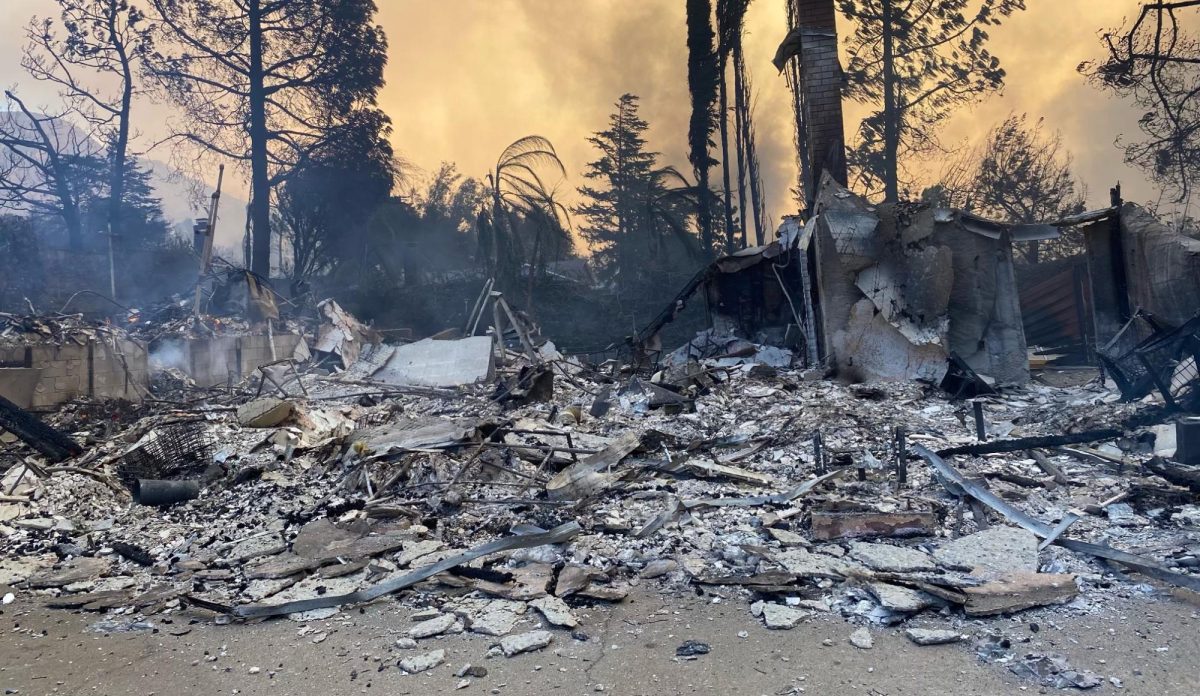Mpox (the disease formerly known as monkeypox) has once again been making waves after the World Health Organization (WHO) and the Africa CDC declared an international health emergency last month. This was following an outbreak of an easily-transmissible strain that originated in the DRC.
“Mpox specifically is spread by skin to skin contact, so it can be spread through touching or sexual contact,” said Science Olympiad biology captain Reva Addagarla (‘26).
What is Mpox?
The highly-contagious virus causes symptoms that include painful rashes, swollen lymph nodes, fever, and chills. Governments and organizations around the world have been scrambling to distribute vaccines to curb the spread of mpox.
“I think that the biggest issue with vaccine distribution is how to get it to rural areas. So it might be easier to get it done in a city, for example, because you have vaccination centers, but if it’s in a rural area, you have to track down the residents of those areas, [and make sure that] the highest priority groups… are able to get it first,” said Addagarla.
The monkeypox virus was first discovered in Denmark in 1958 in research monkeys. In 1970, the virus was first witnessed in humans. The most recent outbreak of clade Ib mpox follows last year’s large clade II outbreak. However, the case fatality rate for the clade Ib outbreak is estimated to be much higher.
Vaccine distribution
“I believe it’s working. There are some tweaks that could be made, but so far, the model that we have is working. As long as we continue to be diligent in this method of administering vaccines, we should be fine,” said Addagarla.
Another cause for concern is African nations’ reliance on foreign aid due to Africa lacks manufacturing capability to produce vaccines. Nations like the DRC rely on critical shipments of vaccines to aid in their fight against mpox.
“I think America should really focus on sending materials to Africa instead of sending more vaccines,” said Dongwoo Kim (‘26).
Despite all of the known risks of mpox, some critics have still noted slow and ineffective responses to the outbreak, citing bureaucratic stalling and inaction.
“I think we should always try [our best] to prevent a virus outbreak from starting, because the next thing we know, we might end up with another COVID,” said Kim.
How do I stay informed?
While no cases of Clade I Mpox are present in the US as of September 13th, there are ways you can stay informed.
“Definitely consult the CDC. Consult any Surgeon General warnings. Also, you can refer to the World Health Organization and any news that they may produce,” said Addagarla.











